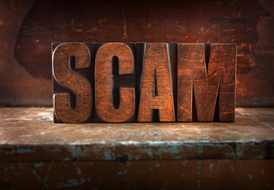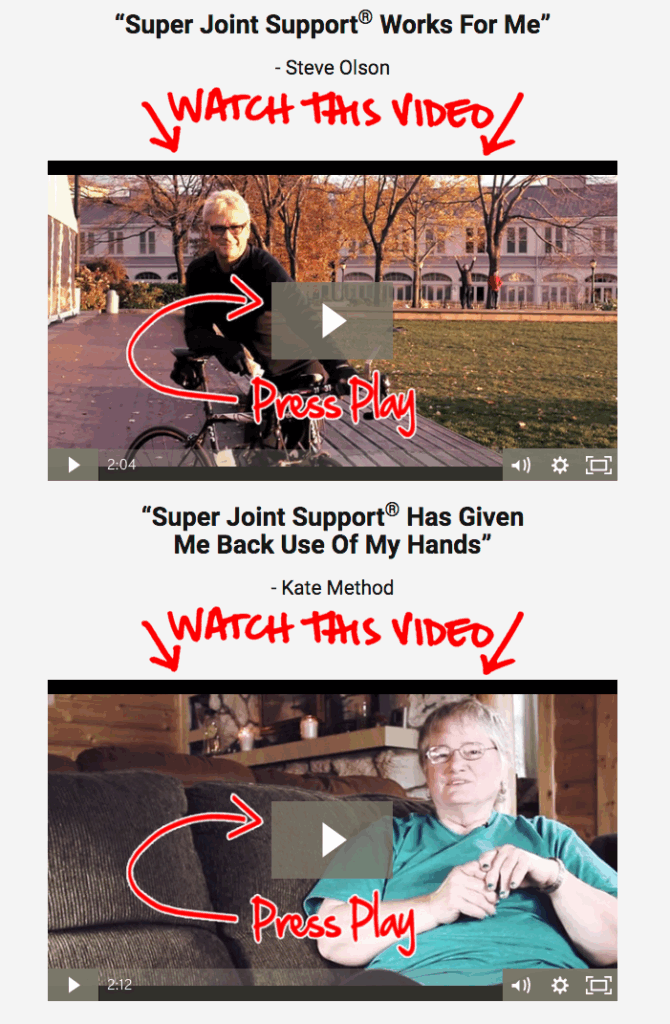 If you are contacted via phone by anyone claiming that you missed a jury duty summons and you may be arrested…
If you are contacted via phone by anyone claiming that you missed a jury duty summons and you may be arrested…
Don’t be fooled!
This is a re-recycled scam — its origins date back to 2005 — making the rounds across the country, with recent reports surfacing in Idaho and California.
During phishing phone calls, the scammer, claiming to be a representative of a local court, puts victims on the defensive by using intimidation to ask for confidential information, including a home address, date of birth and Social Security number to verify where the victims live as well as credit card information, to clear that nonexistent warrant.
Unfortunately, this scam is a reliable one (for the scammers) that happens every two to three years when new people join the jury pool, according to the FBI.
In a similar Illinois case, scammers used fake mailers that instructed Kendall County residents to complete jury questionnaires, asking for many of those same personal details, then to mail the forms to an unknown address.
Some tips to protect you and your family from being scammed by phishers:
- When contacted by phone, ask for the caller’s name, organization he/she represents and direct phone number so you can return their call later.
- Hang up the phone immediately, then call your county clerk’s office to ensure they are really trying to contact you about jury duty.
- DO NOT share personal stuff — bank information, drivers license numbers, Social Security numbers and credit card information — with any entity over the phone claiming to be a representative of your local government. No local or state government will ask you for these private details over the phone or by mail.
- DO share details of any unsolicited phone calls you receive regarding jury duty with the FBI or Better Business Bureau offices in your region.







Remember–local,state and federal government does know how to use the phone or e-mail.
If they want to get hold of you,they will use snail mail.